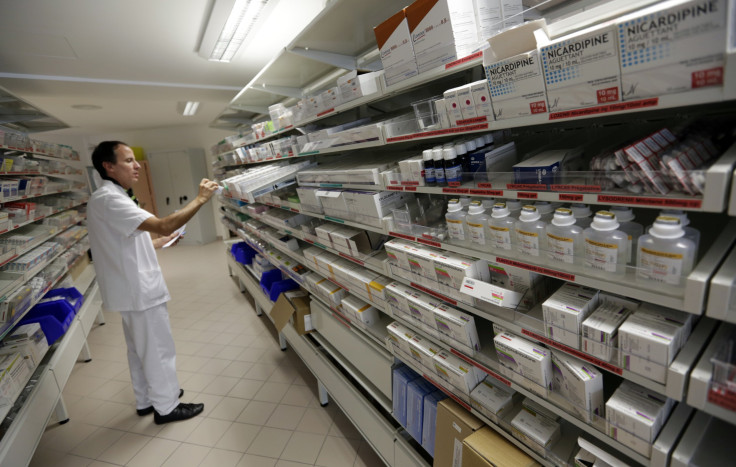FDA Proven Fastest In Study Of Cancer Drug Approval Times: Canada and Europe Years Slower In Some Cases

A recent survey revealed patients in some regions of the world wait years longer for new drugs to be approved compared to their counterparts in other regions. Two follow-up studies proved these results accurate and true, while also highlighting an on-the-ball Food and Drug Administration (FDA). Researchers found access to cancer drugs may vary considerably across the globe due to both the timing of regulatory approval and the differences in national procurement procedures.
To investigate drug approval schedules across various countries, Dr. Sunil Verma, Sunnybrook Odette Cancer Center of Toronto, and a coauthor compared the regulatory process, meant to ensure safe and effective therapies, for 41 specific cancer drugs in Canada, the United States, and the European Union. The average time it took for the FDA to approve these drugs was six months shorter than for the European Union's European Medicines Agency. The FDA was found to be 7.6 months faster than Health Canada, as well.
In particular, Health Canada delayed 66.1 months longer than the FDA when approving Azacitidine, a drug for treating hematological malignancies, while EMA approved the medicine 10.3 months earlier than Health Canada but 55.8 months later than the FDA. Cabazitaxel, a drug for metastatic prostate cancer, sprinted through the approval process in the U.S. with the FDA approving it just 17 days after the drug's manufacturer filed the necessary paperwork. Meanwhile, in Canada and Europe, times until approval were 11.63 months and 11.03 months, respectively.
In a second study, Dr. Felipe Ades Moraes, Institut Jules Bordet of Brussels, and his colleagues found patients in Eastern Europe had less access to trastuzumab than counterparts in Western Europe and the U.S. and these time differences may even be linked to survival rates. Trastuzumab is used to treat breast cancer in patients with HER-2 positive tumours, which account for nearly one-fifth of all breast cancers. "The development of trastuzumab is considered to be one of the greatest improvements in breast cancer treatment in recent years," Moraes said.
Yet, trastuzumab procurement between countries in Western Europe, the U.S., and Eastern Europe differed widely. Using national registry data, the researchers estimated the number of new cases of HER2-positive breast cancer patients per year in 24 countries, including 14 in Western Europe and nine in Eastern Europe. They then estimated the number of likely trastuzumab treatments per year using trastuzumab procurement data for each country. Tracking how many possible patients could have been treated with the supply of trastuzumab within individual countries between 2001 and 2013, the researchers found that Eastern European countries acquired insufficient trastuzumab to treat all the patients who would benefit from it.
Because advances in all aspects of healthcare, including screening practices, have contributed to the decreasing breast cancer mortality trend in the U.S. and Europe, the researchers suggest the next step would include addressing regulatory approval and procurement. "Our demonstration of the higher trastuzumab uptake in countries with higher breast cancer survival strengthens the notion that the uptake of life-saving drugs is one of the many important factors in improving cancer survival," Moraes said.
His study and Verma's research into regulatory approval around the globe were both presented at the ESMO 2014 Congress in Madrid, Spain.



























